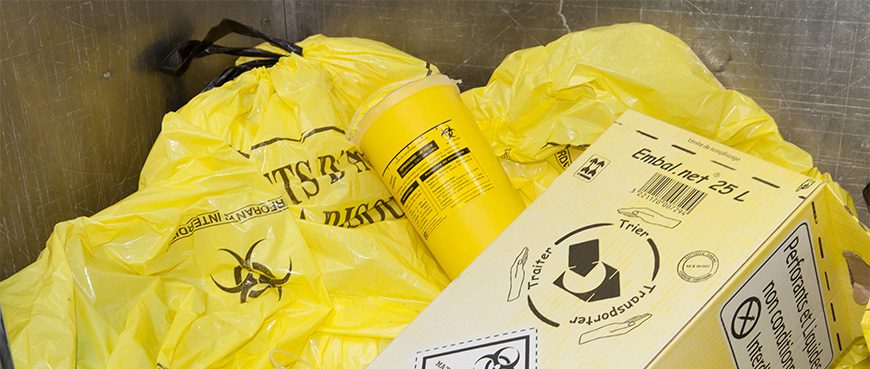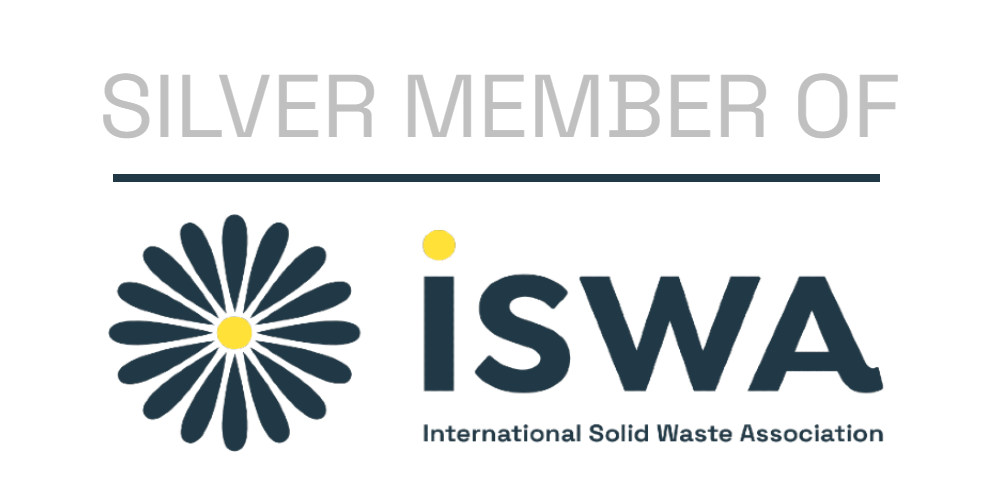Every day, human activities generate billions of waste and healthcare institutes are no exception. Recycling has become essential within our societies, and its application gives many benefits – ecological and economical for instance. Medical waste are subject to strict legislation including treatment on dedicated sites to minimize sanitary risks, both for the environment and populations.
Civic awareness and industries now strive to respect the “3 R” rules: Reduce, Reuse and Recycle, with in mind the aim of “zero waste in landfill”. In France, according to the ADEME (Environment and Energy Management Agency), 170 000 tons of medical waste are produced each year, from which 71 000 tons for packaging only. Healthcare centres produce 90% of it, and the global quantity may increase in the years to come.
Traditional method, which aims to collect waste from hospitals and then move them to incineration plants, is still the most popular option today. According to WHO’s directives, infectious waste should be treated as close as possible of their production site, and the organization pushes worldwide environmental and health authorities to consider the use of “on-site” alternative solutions. Treatment through microwave technology, as used in the Sterilwave equipment, is considered as a reliable, clean and modern solution with low operating costs. This solution, already deployed in emerging countries, is now considered by some developed countries as a possible alternative. This is the case of the United Kingdom, where in 2017 the Whipps Cross Hospital inaugurated its first “on-site” medical waste treatment facility, composed of several Sterilwave machines.
Not only does Sterilwave convert medical waste into safe inert waste, it also transforms them into valuable material! What was once waste can now be valued as secondary fuel for heavy industries (cement type) or waste-to-energy plants. For some industrialists, the calorific value of hospital waste is interesting as they can create thermal energy by burning them. There fine grinding and dry aspect make post Sterilwave waste very good RDF (Refused Derived Fuel). With low production costs, the waste recuperation contributes to develop this circular economy and to establish these methods, more respectful of the environment and yet still economically viable.
Learn more about Sterilwave medical waste management system >>
A clean and respectful technology, read the article >>


